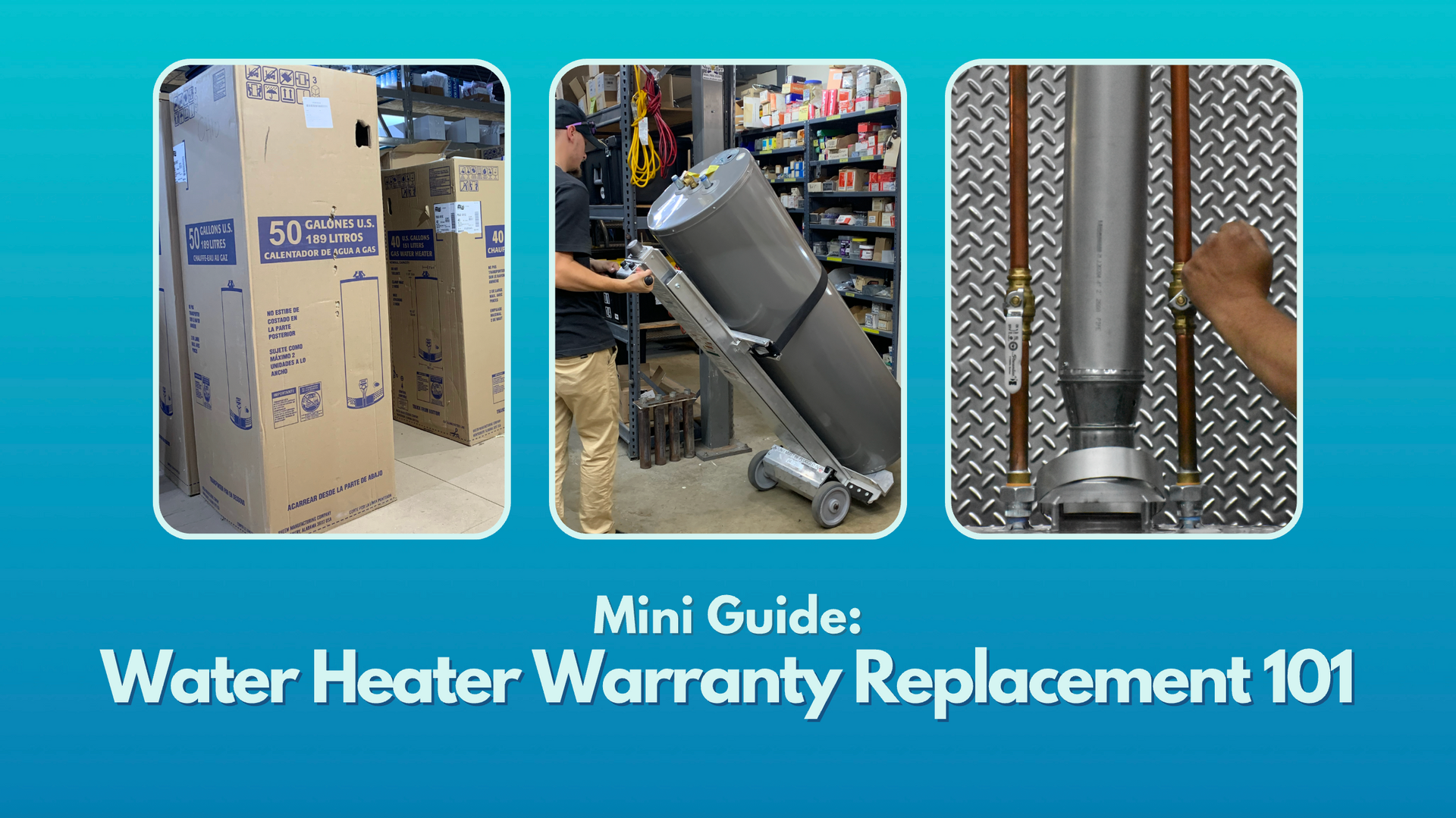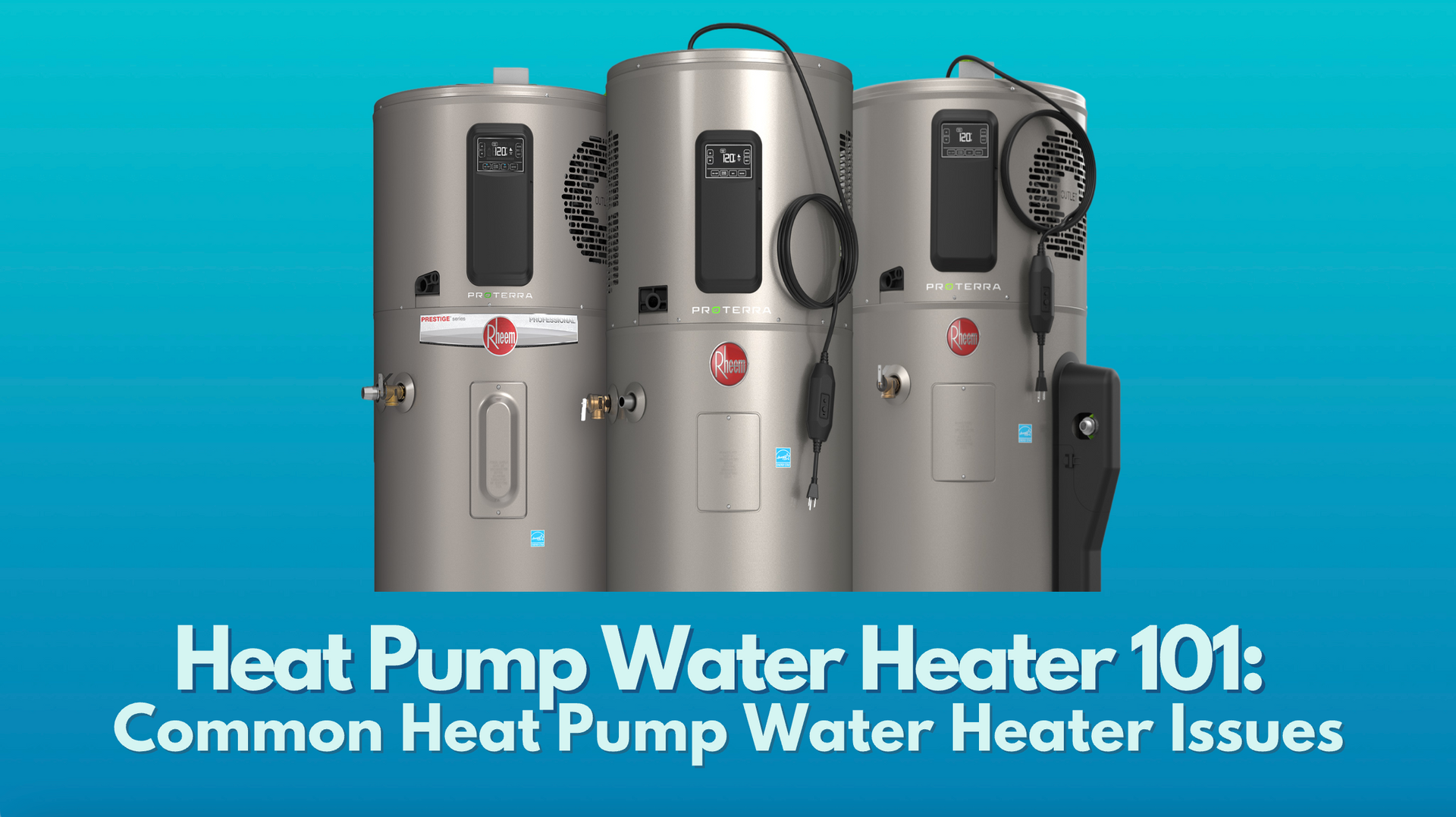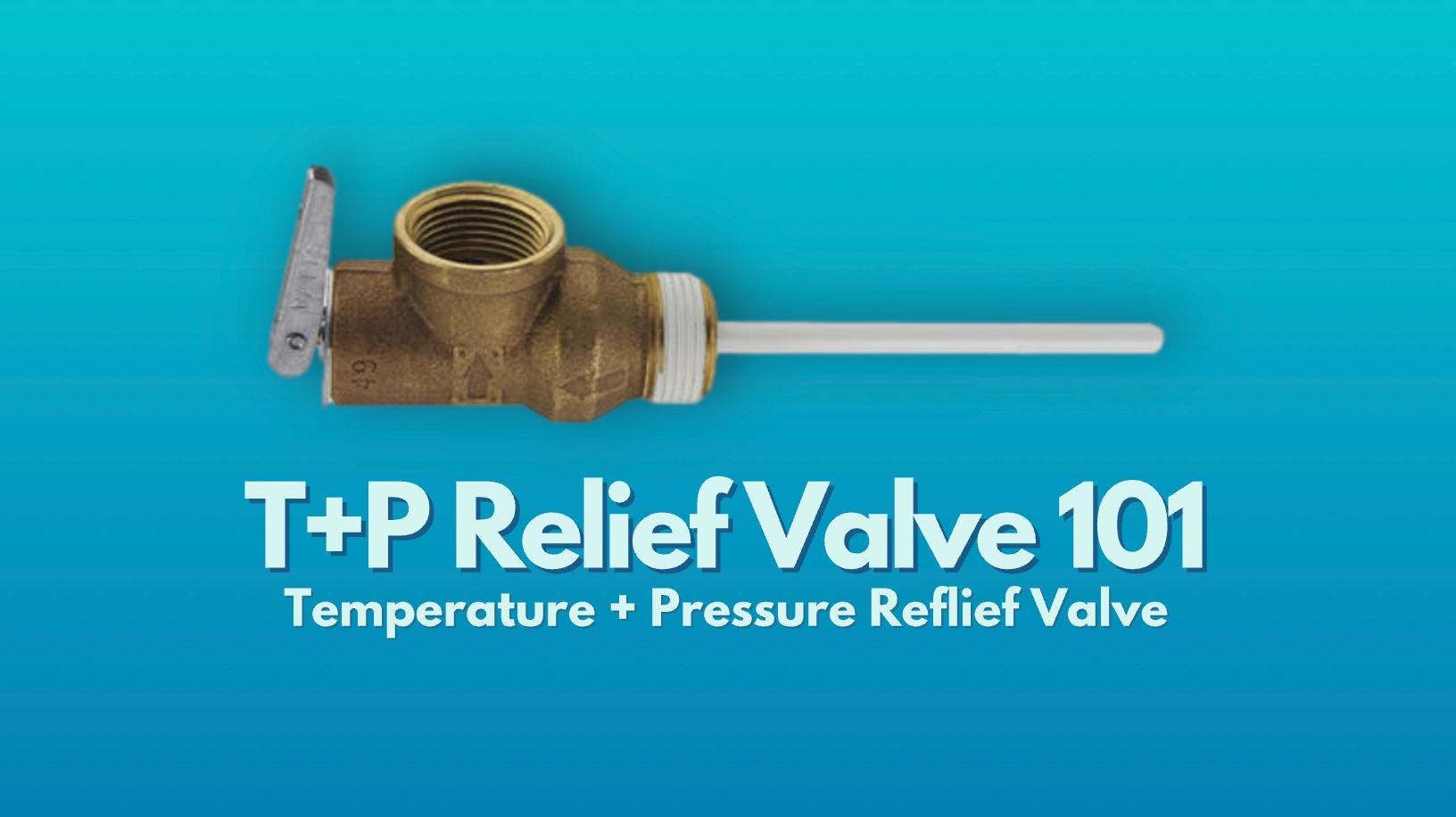Should I Repair Or Replace My Water Heater?
My Water Heater Needs Service: Should I Repair It or Replace It?
When your broken water heater requires a repair you have two options: repair the water heater or replace the water heater. A repair can save money but only if the unit doesn’t constantly need new repairs.
How can you tell whether to repair your water heater or splurge for a new unit when you have a water heater problem? Well, there are a number of factors to consider. Learn more about whether you should repair or replace your water heater.
When to Get a Repair Over a Replacement
The following situations usually only require a simple
diagnostic and repair
appointment as opposed to a complete water heater replacement.
Faulty or Malfunctioning Part(s)
Your water heater contains several control valves that manage the flow of water into and out of the water heater.
Some of the valves on your water heater include:
- Drain valve
- Temperature and pressure relief valve (T&P valve)
- Gas valve | Gas water heaters only
Valves can eventually become loose or damaged. Be sure to check each of the aforementioned valves' functionality as part of the water heater's annual preventative maintenance.
If the valve leaks or stops functioning, it valve probably requires replacement. Luckily, these are easy fixes for any water heater technician.
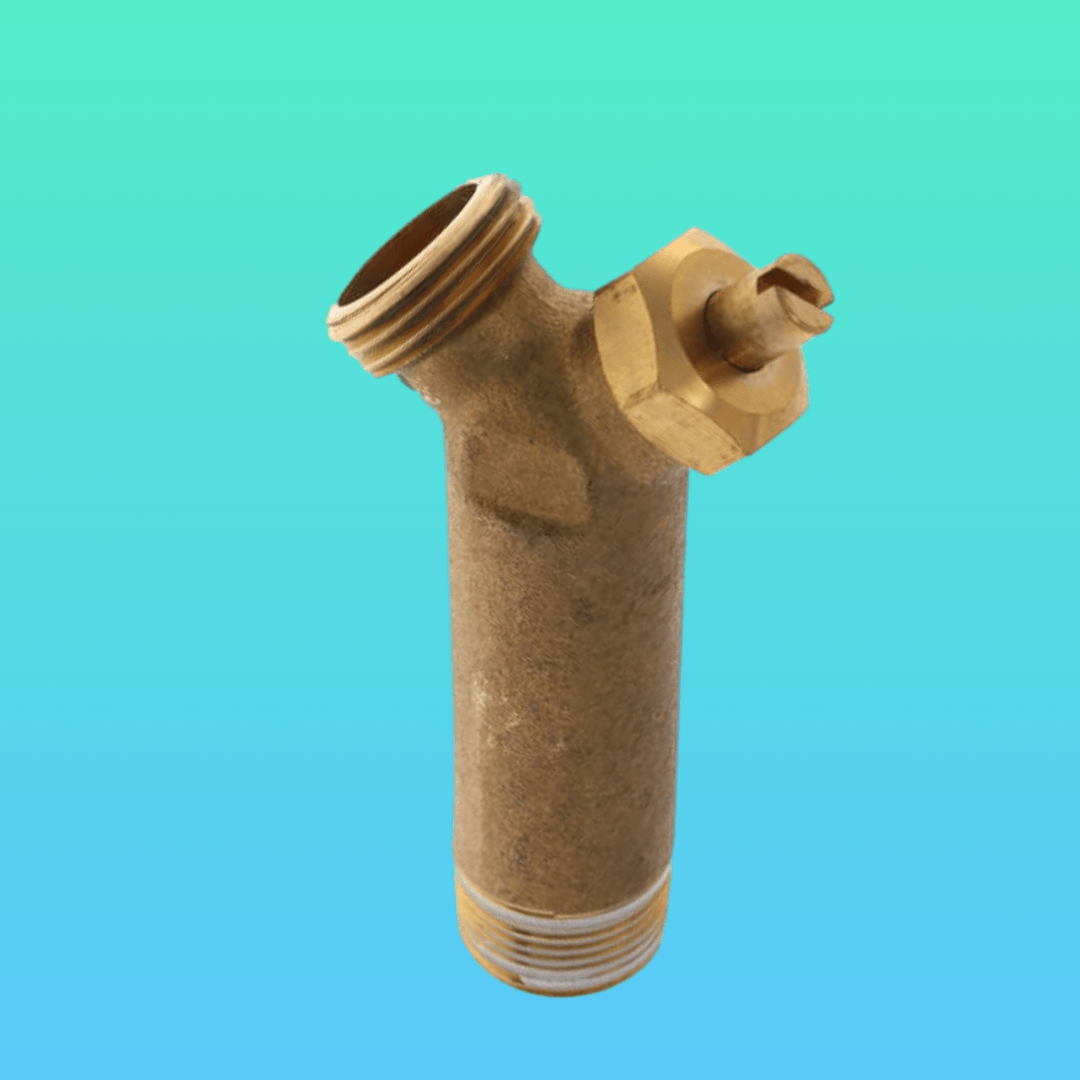
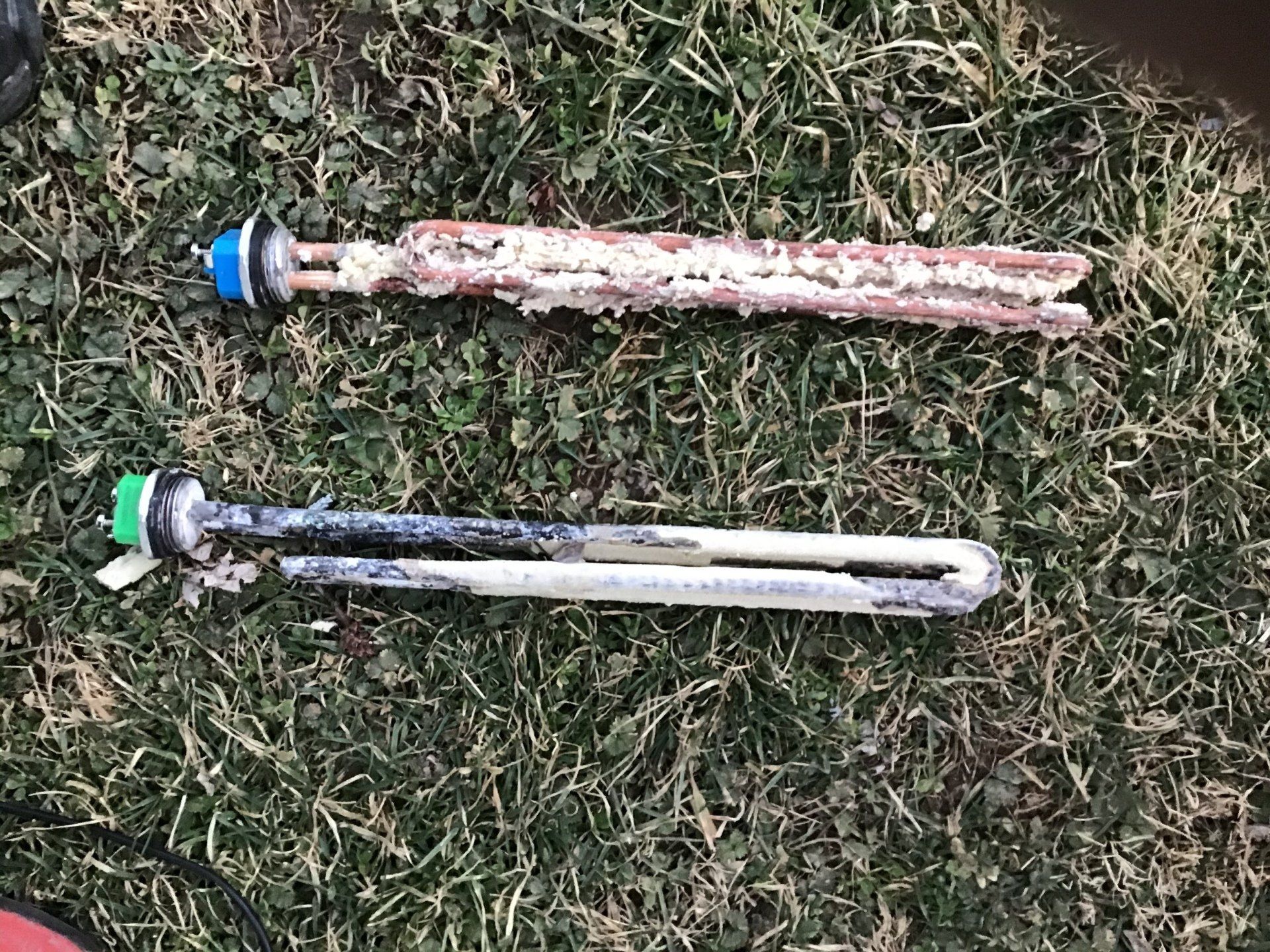
Faulty Heating Element
Heating elements are responsible for heating the water in an electric water heater. The heating elements screw into the hot water tank. When the heating elements are not installed properly or are exposed to hard water, they will not function properly. If the heating element becomes filled with sediment, it will not reach full temperature; depending on the amount of build-up on the element, it may even begin to disintegrate. A technician can easily replace the damaged heating element with a new one. Remember that most residential water heaters have two elements and two thermostats.
Sediment Buildup
Water contains minerals. When water evaporates, it leaves the minerals behind in your water heater tank. The mineral deposits accumulate until they become big enough to damage components inside of the tank or hinder water flow.
Minor sediment buildup happens naturally. To eliminate minor sediment buildup, get annual preventative maintenance, which includes flushing the water heater to remove the sediment buildup.
When to Replace Your Water Heater Instead of Getting a Repair
These problems generally require a water heater replacement and may not see full results from a hot water heater repair.
Advanced Sediment Buildup
When sediment buildup accumulates for years, it will start to impact the structure and performance of the water heater. It will create higher pressure levels inside of the tank and eventually will cause components inside of the tank to malfunction. At a certain point, the sediment buildup impacts the entire system, meaning even if one repair solves the problem, another repair is probably shortly behind.
Rusting
Corrosion occurs naturally to metal material, such as the material that makes up a water heater tank. Although the inside of a water heater is coated with a material to prevent corrosion, some parts inside of the unit and the unit's exterior may still be corrode and become rusty; corrosion occurs faster than normal when the material comes into constant contact with water.
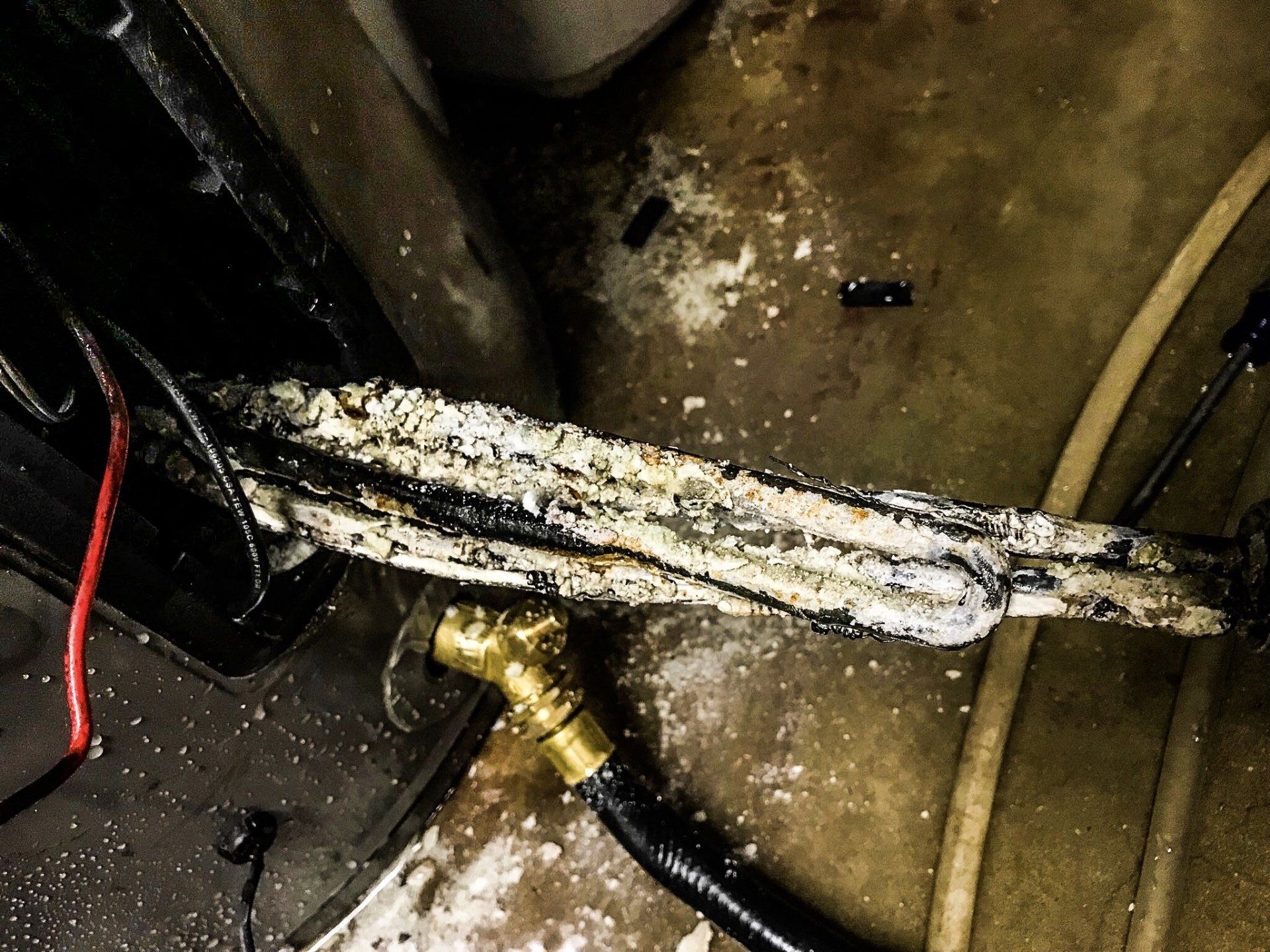
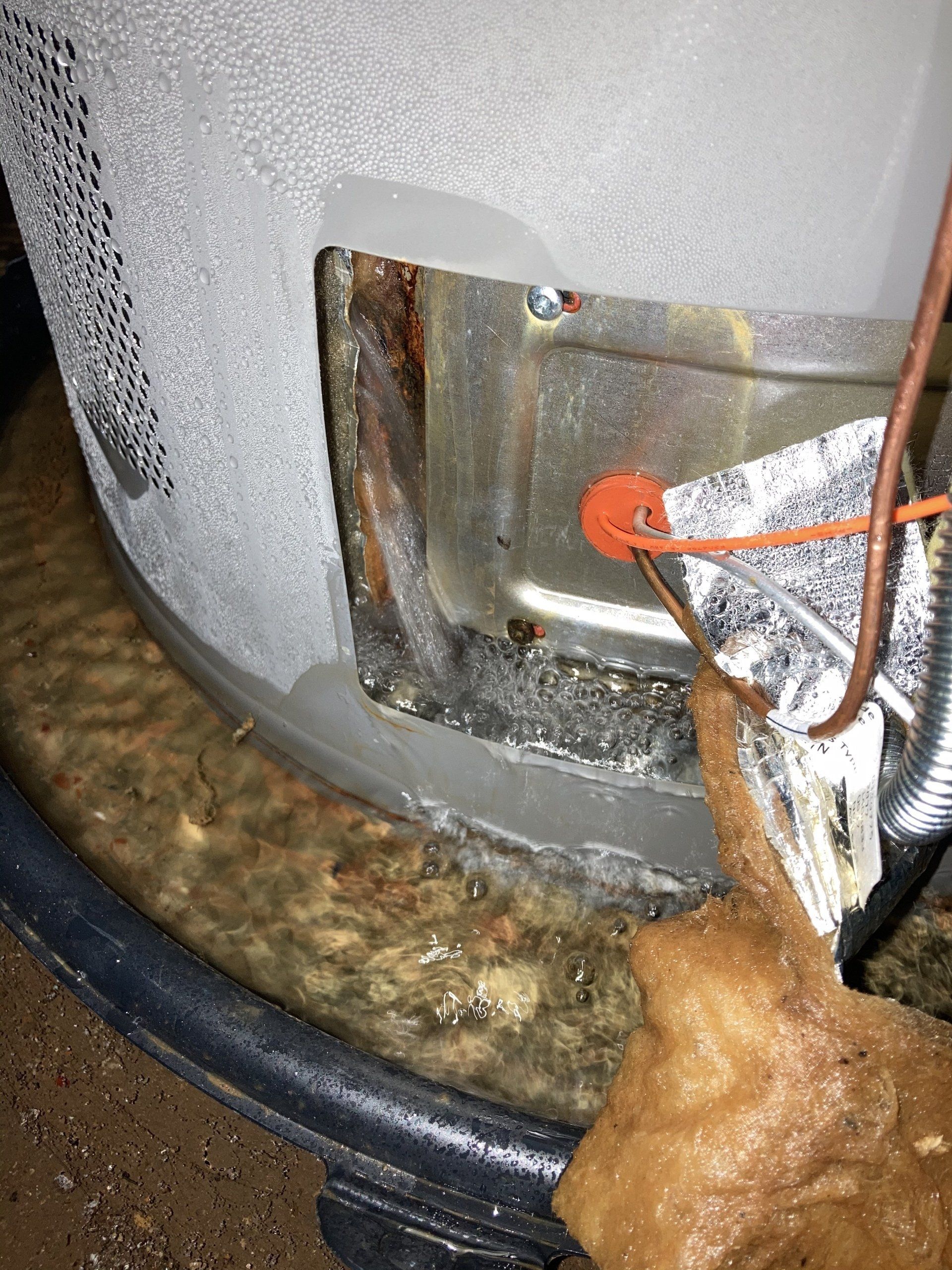
Leaking Water Heater:
Drain Valve, T&P Relief Valve, and Tank
Leaks from the drain valve generally only require ensuring the drain valve is fully closed or replacing the drain valve itself. If your water heater originally had a plastic drain valve, you may want to consider upgrading to a brass drain valve to increase durability and to ensure that the plastic threading will not become stripped during installation.
Leaks from the T&P Relief Valve often indicate an increase in pressure inside the unit. In most state plumbing codes, T&P Relief Valves are a safety requirement for water heaters, but should not be the only device responsible for dispersing excess pressure; in addition to the T&P Relief Valve, your water heater should also have a Thermal Expansion Tank.
Leaks from the water heater tank itself, though, are a different story. When a water heater leaks from the tank, it means that pressure or corrosion has caused the tank material to deteriorate. These leaks cannot be patched. The whole tank will need to be replaced.
Note: A submerged or flooded water heater should also be replaced rather than repaired.
Prolonged Age
Storage tank water heaters may last up to 15 years. Tankless water heaters last 20+ years. Of course, these figures assume that the water heater received regular maintenance and regular water quality (soft water as opposed to hard water).
When a water heater breaks down past its life expectancy, a repair may fix it temporarily. However, another repair will inevitably follow.
After a certain number of years (usually about 7 to 8 years), it’s simply best to replace the water heater for a new model. The reason is that the cost of repairs may be equivalent to or near the cost of replacement; if you repair an older water heater, there is no guarantee that it will continue to operate without additional problems, but a new water heater will come with a
manufacturer's warranty.
Low Efficiency
When water heaters deteriorate, they won’t retain heat as well as they did when new. You will know based on your utility bills. If the utility bills get higher than anticipated for the season and the energy bill continues to increase with no clear reason why, a replacement water heater may save you money in lower utility bills.
When looking to replace an old water heater, consider an efficient tankless heater or ultra efficiency heat pump water heater.
U.S. Water Heating Solutions
We offer both water heater repair (warranty and non-warranty), water heater replacement, water heater installation, and water heater maintenance.
Our factory-trained techs will explain your options to you and move forward in the best way possible.
Ready to get water heater service?
Contact U.S. Water Heating Solutions
at
833-879-4776.




